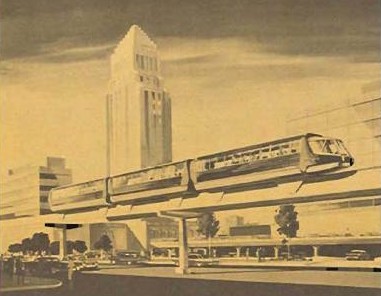Obama administration officials "need to align together" to work on reducing the nation's total vehicle miles traveled -- work that should go beyond a pending congressional climate bill -- the Environmental Protection Agency's (EPA) air-quality chief said today.
 Gina McCarthy, EPA's top air pollution regulator. (Photo: CECE)
Gina McCarthy, EPA's top air pollution regulator. (Photo: CECE)Gina McCarthy, EPA's assistant administrator for air and radiation, acknowledged in a speech at EMBARQ's transportation conference that her agency as "less effective" working alone on crafting strategies to cut VMT.
McCarthy called for federal agencies to work together on a coordinated approach to transportation policy that makes economic and environmental factors an essential part of the mix.
"When we say transportation, everybody thinks 'car'," McCarthy said. "That's a challenge for us as individuals, as a society -- and clearly it's a challenge for me, as someone who's supposed to deliver clean air to breathe."
McCarthy described lowering VMT as the third leg of the EPA's transport stool. The other two, she explained, are encouraging vehicle technology to reduce emissions and promoting cleaner-burning fuels.
But that third leg drew the bulk of McCarthy's attention, as she echoed the mission statement of the White House's inter-agency "livable communities" effort.
"Transportation, above all else, needs to be looked at through a series of complementary measures, beyond cap-and-trade, in order to drive the types of reductions we need in order to live in a sustainable world," said McCarthy, a veteran environmental regulator in Connecticut.
And McCarthy appeared to recognize the existing federal system's built-in bias toward transportation projects that make life difficult for air-quality regulators. "The easiest way to spend large hunks of money is to widen a road," she said. "The worst way to spend large hunks of money is to widen a road."
As for the cap-and-trade bill, which faces an uncertain future thanks to resistance from red-state Senate Democrats, McCarthy warned Congress that her agency is acting under a Supreme Court mandate to curb greenhouse gases: "Though we support cap-and-trade ... EPA is going to do what the law says and what the science says."






